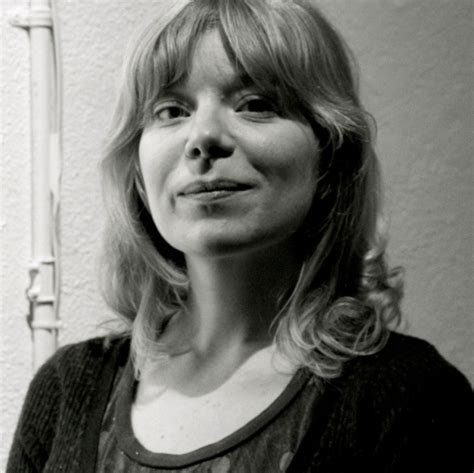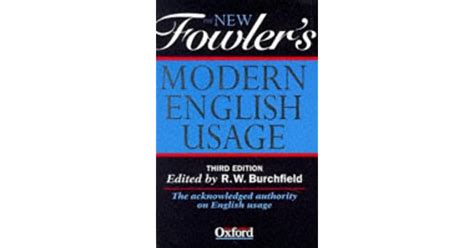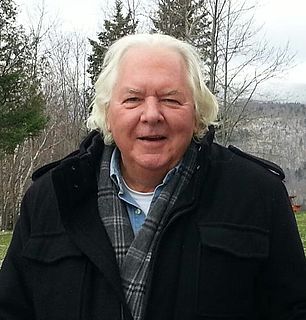A Quote by Sameera Reddy
Making peace with one's choices is always a tricky feat to achieve.
Related Quotes
People who achieve great things are people who make choices. Far too many people today let life dictate their future instead of the other way around. Choices are hard - that's why so few actually make them. But as the saying goes - not to make a choice is to make a choice. When it comes to choices, The question is - what choices will you make today? The world doesn't care about your problems, or what's holding you back. They don't care about your past failures, or any other obstacles you face. Stop making excuses and start making choices.
When you’re living by default, you’re automatically reacting to life in habitual ways, many of which may be limiting you and your life. In contrast, living deliberately means making more conscious and constructive life choices. When you’re living deliberately, you’re living from a position of responsibility; you’re making choices with greater awareness. You’re taken yourself off autopilot, so you’re better prepared to align your actions with the results you want to achieve.
Without inner peace, outer peace is impossible. We all wish for world peace, but world peace will never be acheived unless we first establish peace within our own minds. We can send so-called 'peacekeeping forces' into areas of conflict, but peace cannot be oppossed from the outside with guns. Only by creating peace within our own mind and helping others to do the same can we hope to achieve peace in this world.
In this life we have to make many choices. Some are very important choices. Some are not. Many of our choices are between good and evil. The choices we make, however, determine to a large extent our happiness or our unhappiness, because we have to live with the consequences of our choices. Making perfect choices all of the time is not possible. It just doesn't happen. But it is possible to make good choices we can live with and grow from.
Making mistakes is part of learning to choose well. No way around it. Choices are thrust upon us, and we don't always get things right. Even postponing or avoiding a decision can become a choice that carries heavy consequences. Mistakes can be painful-sometimes they cause irrevocable harm-but welcome to Earth. Poor choices are part of growing up, and part of life. You will make bad choices, and you will be affected by the poor choices of others. We must rise above such things.
There is no peace in Southern Africa. There is no peace because there is no justice. There can be no real peace and security until there be first justice enjoyed by all the inhabitants of that beautiful land. The Bible knows nothing about peace without justice, for that would be crying "peace, peace, where there is no peace". God's Shalom, peace, involves inevitably righteousness, justice, wholeness, fullness of life, participation in decision-making, goodness, laughter, joy, compassion, sharing and reconciliation.
There is a fear of peace that I don't understand. Witness the old epithet "peaceniks," the association of peace with weakness. We mistake kindness for weakness in individuals, too. Gandhi found the essence of Christianity to be gentleness, the exaltation of means over ends. Using violence, against us or them, to achieve peace is like beating children to get them to be good. It only works in the short term. Believe in peace, think peace, live peace. Be a building-block of peace. Make it the center of your strength.

































